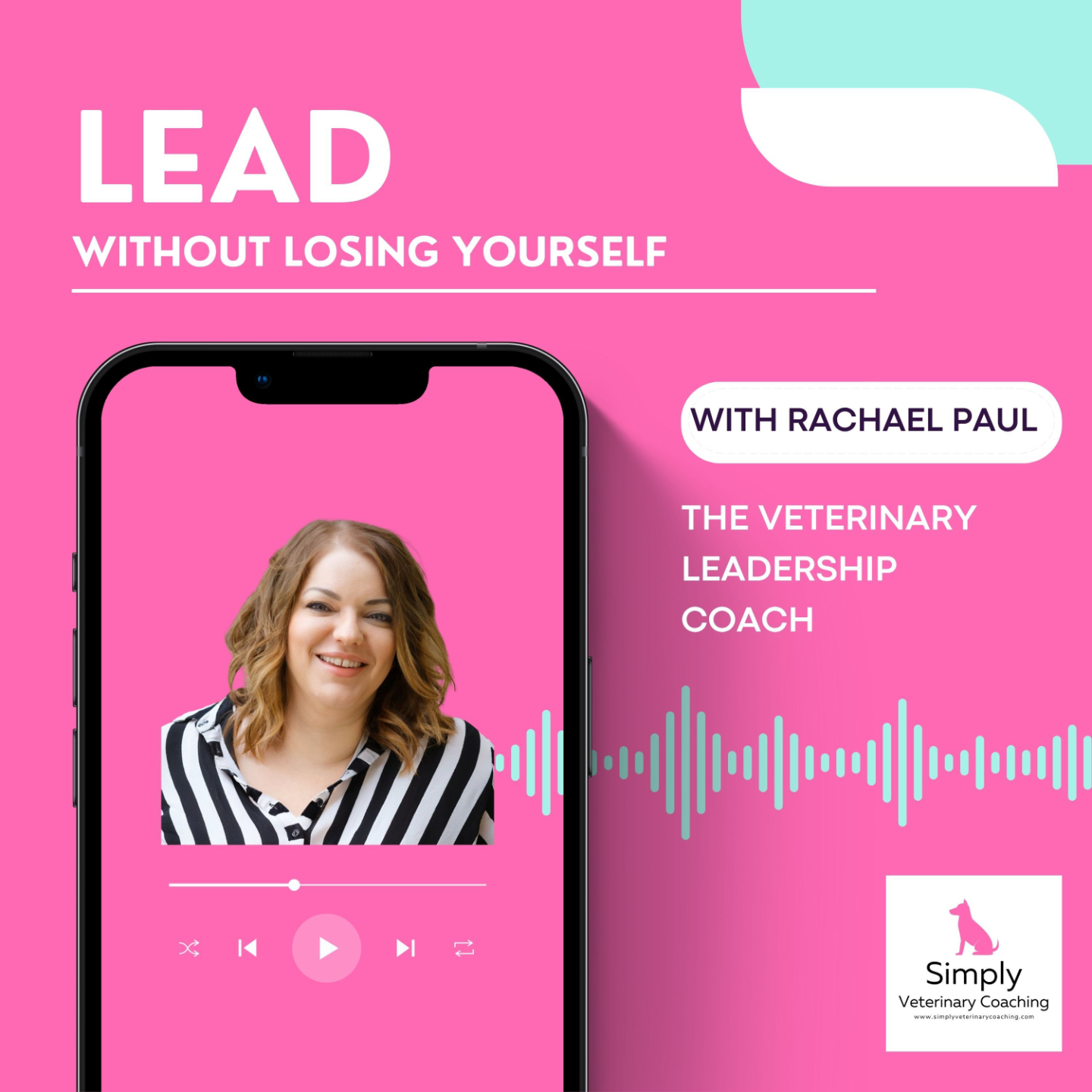"I'm a busy vet, I don't have time to eat, never mind eat healthily".
Let's re-think this...
Modern lifestyle is all about convenience, get things done faster, make things easier…because we all have busy lives and don’t have time to spend hours in the kitchen preparing meals. Right? But before you answer that question, consider that there could be more at stake.
There’s nothing wrong with wanting convenience, and for most people in the veterinary world, life is always going to be busy and mildly chaotic. But stop for a moment to consider the strain that this stressful lifestyle is placing on your body. If your lifestyle is not going to change, then it’s vital to do the small things that can make a big difference – like looking after your health.
The reality is that the number of people of all ages being diagnosed with chronic and debilitating autoimmune diseases is rapidly rising. Cancer too is at an unprecedented level and doesn’t seem to discriminate between age or gender. Many health experts have warned that a high stress life can have a toxic effect on our bodies and the one way to effectively combat this is to become more aware of what we eat. Because when treated right, the human body has an amazing ability to heal itself.
It starts with what you eat
There is increasing scientific evidence that the majority of chronic conditions and diseases are linked to inflammation in some form. Additionally gut health is becoming a focal area for combatting disease. So look after your gut and you’ll be able to build a much stronger immunity to deal with the stresses of modern life.
Here are our top 7 tips for maintaining a healthier lifestyle without major effort.
1) Learn to love water – and ditch the sugary soft drinks. Get in the habit of carrying a refillable water bottle with you all the time and make sure you sip from it all day long. Craving flavor? Alternate between popping a few frozen berries into the bottle, or add some mint and lemon or rosemary. Staying hydrated will help you to maintain higher energy levels in the long term better than any dose of sugar can.
3) To carb or not to carb? You don’t need to cut all carbs from your life (unless you have a good reason to) just get to know which are better for you and how much carbohydrate you should be eating. Volume wise try keep carbohydrates down to less than a third of your meal. If bread is your go-to snack, try sourdough or rye bread as an alternative to pre-sliced pre-packaged bread that lasts for weeks. Unfortunately it lasts because it contains a lot of additive and preservatives that aren’t good for you. Sourdough, seed breads and rye bread contain more protein and are healthier alternatives. Plus they’re more filling so you eat less.
4) Keep it colourful – As with green stuff, colourful fruits and vegetables contain a lot of important vitamins and phytonutrients and should be eaten daily. The darker the colour the more dense the phytonutrients, so in terms of fruits, cherries, berries and stone fruit such as apricots top the list, and for vegetables beetroot, carrot, pumpkin and tomatoes are top scorers. While fruit does contain a lot of sugar, if eaten as a whole fresh fruit the combination of fibre and liquid help to balance the effects of the sugar in your body. If craving something sweet, fruit is always a better option as it’s a slow glycemic release so it will help you maintain energy levels for longer than sweets or chocolate that will spike then drop your sugar levels again.
5) A-OK for oils – The right type of oils, particularly Omega-3’s are essential for maintaining mental clarity and physical strength. Fish oils in particular have shown to have a preventative effect on neuro-degeneration and several types of arthritis. If you don’t enjoy the taste of fish, try taking fish oil supplements in capsule form or the next best alternative is to have linseed – add it to muesli, salads or smoothies. Another good oil that’s easy to incorporate into meals is olive oil. Cook with it, bake with it or use as a salad dressing. Nuts and seeds are another excellent source of healthy oils.
6) Protein – whether you’re a vegetarian, vegan or omnivore, your body needs protein in some form. Most people derive their protein from meat and fish. Try to buy quality unprocessed meat and make your own marinades rather than using store bought ones that are full of artificial additives. Plant based high protein foods include lentils, beans and nuts. Eggs are another protein rich foods that can be enjoyed in so many ways. Eat boiled as a snack, add to salads, pasta, or make an omelette.
Finally learn to love your oven. Making roasts is another fuss-free nutritious way of cooking. Whether you’re roasting butternut and beetroot, chicken or a leg of lamb, the cooking process is as simple as popping it in the oven. The longer it roasts at a lower temperature the more tender it’ll be. By using an oven timer you can prep in advance and set the time to cook for the 2-3 hours before you get home.

